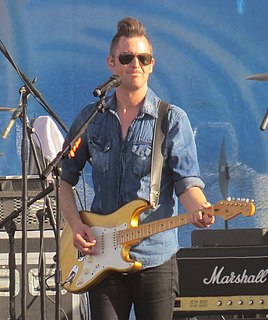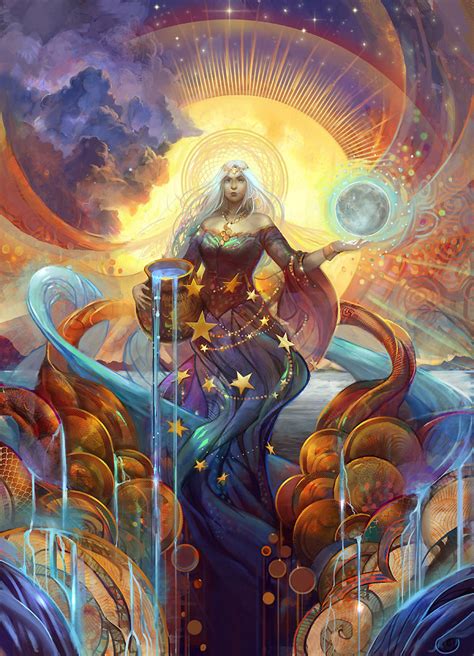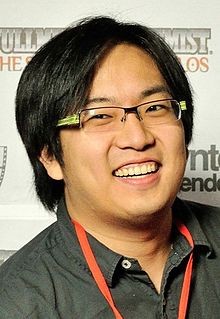A Quote by Alain de Botton
I believe that art is a tool and that, like all tools, it has functions. I also think it is important to know what the tool is for so that we can better know how and when to use it.
Related Quotes
There's not a lot of room for un-ironic emotion in contemporary culture. I think that irony is an important tool in dealing with the world as we find it. It's a tool of protection, but it can also be a tool of incision to get to some truth. But along the way maybe we've lost some of what I think of as the power of straightforward emotion and earnestness and seriousness.
Music is a tool. Lighting is a tool. Power point is a tool. Getting those things right is not the goal. God is the goal. Those are just tools. And we can real easily turn into worshippers of all the tools, rather than remembering that this is simply a tool to get the job done which is to help connect people with God and to help inspire people.
A most important, but also most elusive, aspect of any tool is its influence on the habits of those who train themselves in its use. If the tool is a programming language this influence is, whether we like it or not, an influence on our thinking habits.... A programming language is a tool that has profound influence on our thinking habits.
A gun can be dangerous. But a gun can protect you, you can hunt for food with it - you know, the tool itself is a tool. The intention of the party using the tool is a part of the process, right? You know: the knife cuts the steak, stabs the person, saves somebody from danger, cuts somebody out of a car.





































